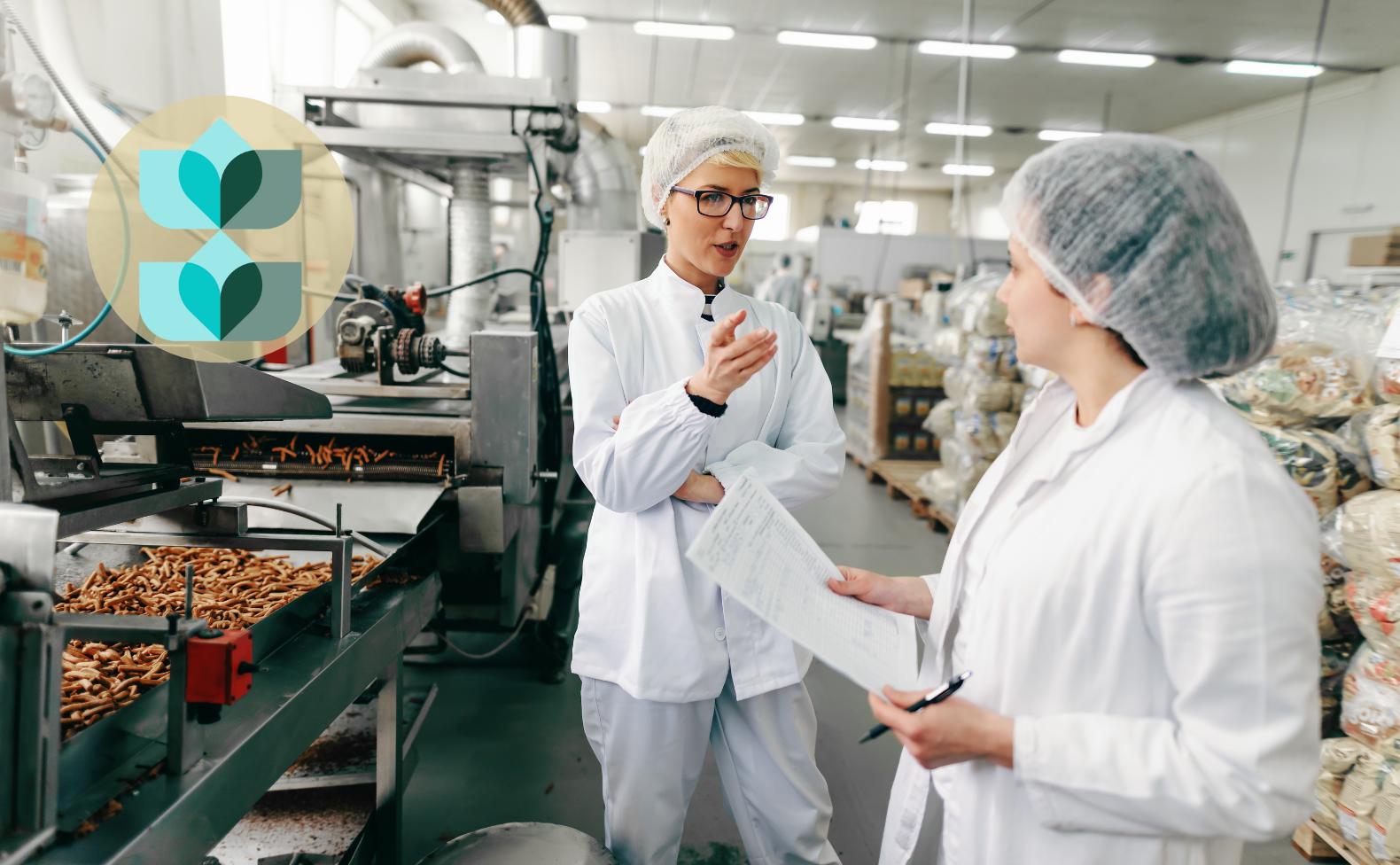In today's conscientious customer landscape, the demand for ethically sourced and also lasting products has surged. Private label food manufacturers have emerged as pioneers in this domain name, frequently teaming up with contract food makers to spearhead sustainability and also accountable sourcing initiatives. With an undaunted commitment to environmental principles, personal label brands have made it their goal to deliver sustainable, high-quality options to consumers.
Private Label Food Manufacturers
In recent times, private label food manufacturers, additionally known as own brand names or shop brands, have observed an amazing rise in popularity. These makers produce items sold under the logo of a retail store, grocer, or private entity. What collections private-label products apart is their capacity to offer competitive pricing without endangering on high quality.
Contract Food Manufacturers
Lots of private-label food manufacturers join forces with agreement manufacturers to establish their product. Contract food manufacturers are experts in generating food for exclusive labels. This strategic collaboration enables personal label firms to tap into the know-how, resources, and also specialized food manufacturing centers of their collaborators.
Sustainability at the Core
Private label food manufacturers employ various techniques to improve sustainability within their supply networks:
Moral Sourcing:
Private label companies are significantly committed to sourcing components according to moral and also fair trade standards. This involves guaranteeing that producers and also employees of basic materials, such as coffee beans, spices, or cacao, obtain fair payment private label food manufacturer for their initiatives.
Regional Sourcing:
Prioritizing local sourcing of ingredients is one more characteristic of private-label food manufacturers. This not only reduces the carbon footprint associated with transportation however also supports neighborhood farmers as well as areas.
Organic Contents:
With the organic food market rising, exclusive labels are responding by including natural ingredients right into their product. Organic farming practices prioritize soil health while eschewing synthetic chemicals as well as fertilizers.
Sustainable Seafood:
Private Label Food Manufacturers are thorough in ensuring that the seafood they use is sustainably gathered, sticking to standards set by companies like the Marine Stewardship Council, which promotes liable angling.
Minimized Food Waste:
Private label companies are proactively dealing with reducing food waste by carrying out efficient manufacturing processes and also creating items with longer life span. Some brand names are additionally partnering with food rescue organizations to give away excess food to those in demand.
Eco-Friendly Packaging and also Efforts
Sustainability efforts by private-label food makers extend beyond sourcing components to include packaging and green efforts:

Lasting Product packaging:
Exclusive label brands have accepted environmentally friendly packaging alternatives, including recyclable, biodegradable, or compostable materials. Redesigning packaging to lessen excess material and also decrease ecological influence is a leading concern.
Waste Decrease:
To lessen wastage, private-label food suppliers optimize product sizes, decrease excess product packaging, as well as check out cutting-edge packaging services. Some brands also encourage clients to take part in reusing programs.
Power Efficiency:
Lots of private label manufacturers are purchasing even more energy-efficient manufacturing plants, decreasing water use, and taking on renewable resource sources to better minimize their environmental footprint.
Carbon Neutral Initiatives:
Some personal brand food suppliers are taking enthusiastic actions to achieve carbon nonpartisanship by offsetting their greenhouse gas exhausts through reforestation jobs and renewable energy debts.
Difficulties and also the Roadway Ahead
Despite the considerable strides made in sustainability as well as liable sourcing, private-label food suppliers face challenges. Stabilizing sustainability with cost-effectiveness can be a fragile act, often requiring concessions on sustainable active ingredients or the expedition of environment-friendly alternatives.
Nevertheless, the future of private-label food manufacturing holds excellent pledge. As consumer awareness and also need for lasting items remain to rise, private-label brand names and also their contract food manufacturing companions are likely to escalate their initiatives. Collaboration with suppliers and also financial investment in lasting technological advancements as well as openness will be critical in shaping a lasting future for the market.
Frequently Asked Concerns
Q1: What are private label food manufacturers?
Private label food manufacturers create items marketed under the logo of a retail store, grocer, or personal entity. They use competitively valued products without jeopardizing on high quality.
Q2: Just how do private label food manufacturers promote sustainability?
Private label food manufacturers advertise sustainability via ethical sourcing, local ingredient procurement, making use of organic components, sustainable seafood methods, as well as efforts to lower food waste.
Q3: What environment-friendly product packaging choices do personal label brand names use?
Exclusive label brands embrace eco-friendly product packaging choices such as recyclable, naturally degradable, or compostable materials. They also revamp product packaging to decrease excess material and decrease ecological influence.

Stabilizing sustainability with cost-effectiveness is a major challenge for private label food manufacturers. This may require concessions on sustainable ingredients or the exploration of environmentally friendly alternatives.
Conclusion
Private label food manufacturers are at the center of the sustainability and also responsible sourcing movement within the food industry. Their dedication to ethical sourcing, local procurement, organic active ingredients, as well as lasting methods, along with their devotion to environmentally friendly product packaging and waste decrease campaigns, show their determination to fulfill the demands of today's eco-conscious customers.
Regardless of the challenges they face, private label food manufacturers are poised for a promising future. With consumers increasingly focusing on sustainability, the market is likely to witness also higher cooperation with providers, financial investment in lasting modern technologies, and also a commitment to transparency. As we move forward, private label food manufacturers will certainly continue to play an essential role fit a much more lasting and also moral food landscape for all.